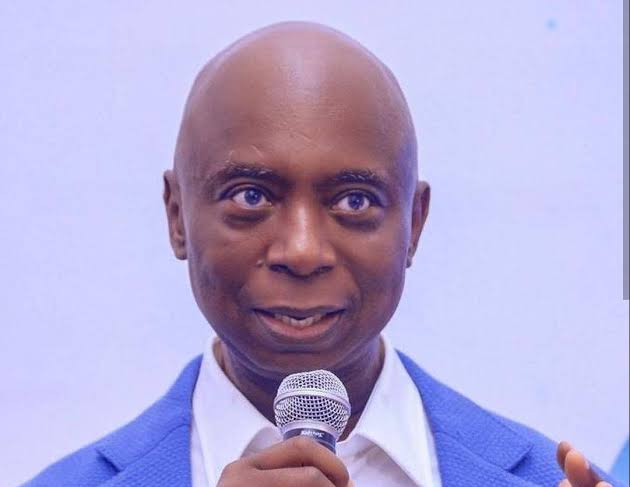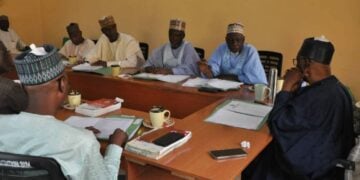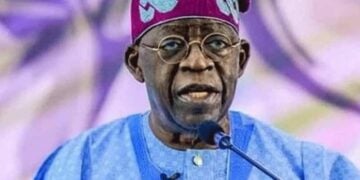Senator Ned Nwoko has urged Igbos in the South-East to embrace their kinsmen spread across other parts of the country, stressing that unity and restoration of identity remain vital for the survival of Ndigbo.
Nwoko, who represents Delta North Senatorial District, spoke in Abuja as part of his ongoing mobilisation for the unification of Igbos across Nigeria.
He said many communities with Igbo roots in the South-South, Kogi, and Benue States still grapple with identity crises dating back to the Nigerian Civil War.
Citing the Asaba massacre of 1966, the lawmaker recalled how Anioma people and other Igbo groups outside the South-East were forced to renounce their identity to escape killings by soldiers.
“Frightened by the rampaging Nigerian soldiers, many of our people had to renounce their Igbo identity just to survive. Some Anioma people even adopted Benin names because soldiers were combing villages in search of Igbos to kill,” he said.
According to him, that tragic history explains why some groups outside the South-East shy away from openly identifying as Igbo.
He noted, however, that the current push to restore Igbo identity aligns with the vision of Ohanaeze Ndigbo, the apex socio-cultural body of the Igbo.
“The larger Igbo society should embrace its kith and kin scattered across Nigeria. The restoration of our shared identity is part of the unification we must pursue,” he stated.
On Anioma identity, Nwoko questioned why some in Delta State continue to deny their Igbo heritage despite overwhelming cultural evidence.
“As far as I know, there has never been a time in history when Igbos from across the Niger waged any expansionist war in Anioma to force people to become Igbo. So why the fright?” he asked.
He insisted that while individuals are free to self-identify, the overwhelming majority of Anioma people remain Igbo.
“Those who want to claim Benin should go ahead, but 99.9 per cent of Anioma people are Igbos,” Nwoko declared.
The Senator is championing the creation of Anioma State, which he said should be carved out as the sixth state of the South-East region to strengthen representation and cement unity within the geopolitical zone.





